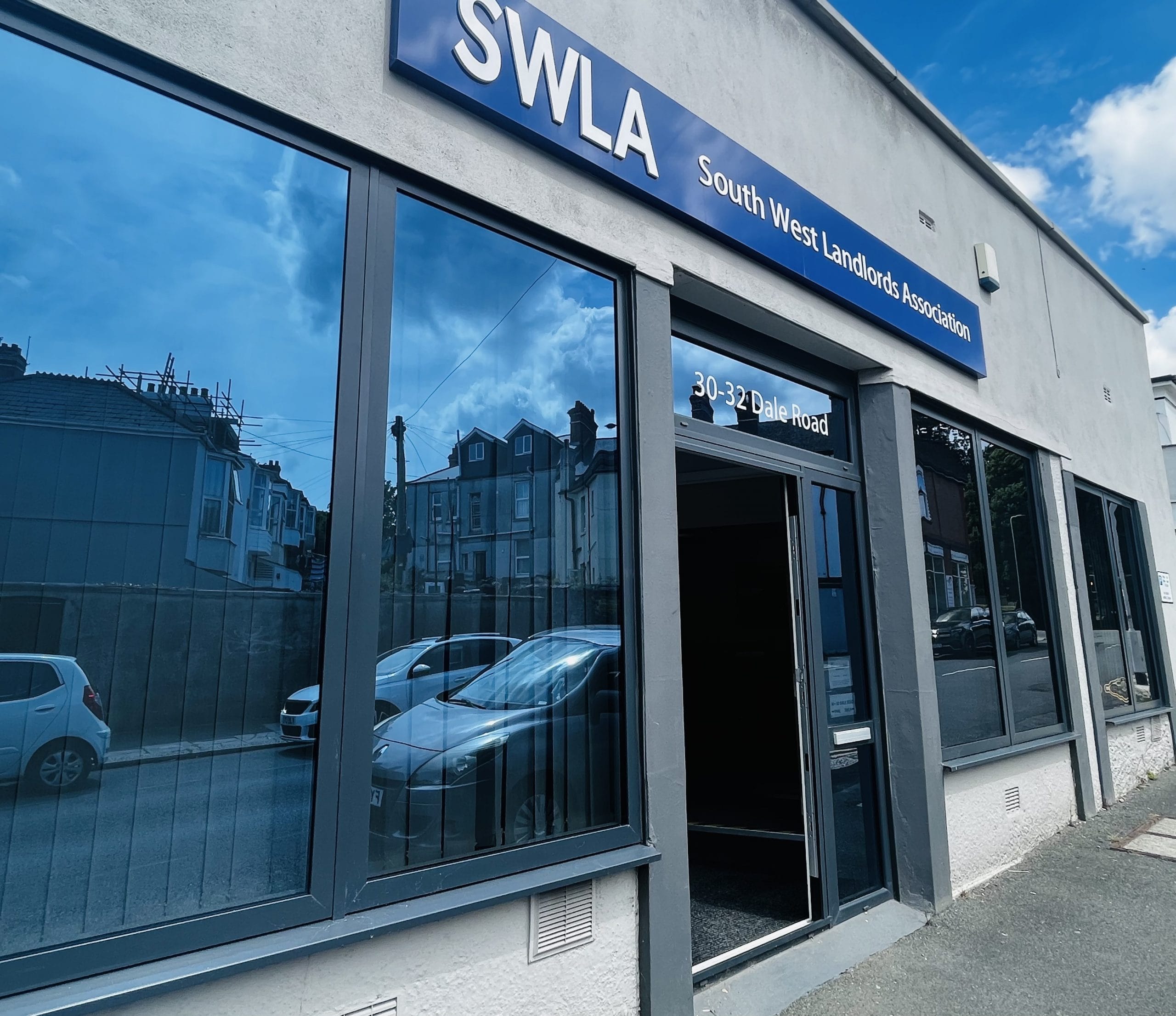
Guide to the Renters’ Rights Bill
A summary of the measures in the Renters’ Rights Bill which was introduced to Parliament on 11 September 2024. The Renters’ Rights Bill will: Abolish

A summary of the measures in the Renters’ Rights Bill which was introduced to Parliament on 11 September 2024. The Renters’ Rights Bill will: Abolish

The UK Government has introduced the first version of the Renters Rights Bill, into parliament a process known as the ‘First Reading’ which took place

Gas Safety Week: Every check counts- Landlords’ legal responsibilities We are proud to be supporting Gas Safety Week 2024, taking place 9th-15th September. Gas

To secure your place at the 87th National Landlord Investment Show in Bristol, visit www.landlordinvestmentshow.co.uk/25-september-bristol and simply register for free show tickets. __________________________________________________________________________________________________________ The

Landlord Accreditation Training Course – Face to Face Thursday 3rd October 2024 – 9:15 – 4:30pm Venue – Reception Room, Plymouth Council House, Armada Way,

Labour has confirmed plans for all rented properties to achieve a minimum Energy Performance Certificate (EPC) grade C by 2030. This initiative was confirmed by

The Housing Minister (Matthew Pennycook) has ruled out the introduction of rent controls in England. The comments were made in a written response to a

The Bank of England has cut interest rates from 5.25% to 5%, the first drop since the onset of the pandemic in March 2020. Home

Over 40 Bills were announced at the State Opening of Parliament (in the King’s speech) on 17th July, including the Renters’ Rights Bill. Commentary about

There is an item that you can place within a communal area of Flats or HMOs that can make a huge difference to the fire

It was great to see members old and new attend our open office event! We all had a lovely time catching up with everyone (and

Company No: 03670683 Registered Address: SWLA, 30 Dale Road, Plymouth, PL4 6PD – Website by GSL Media
Copyright © 2023 SWLA. All rights reserved
